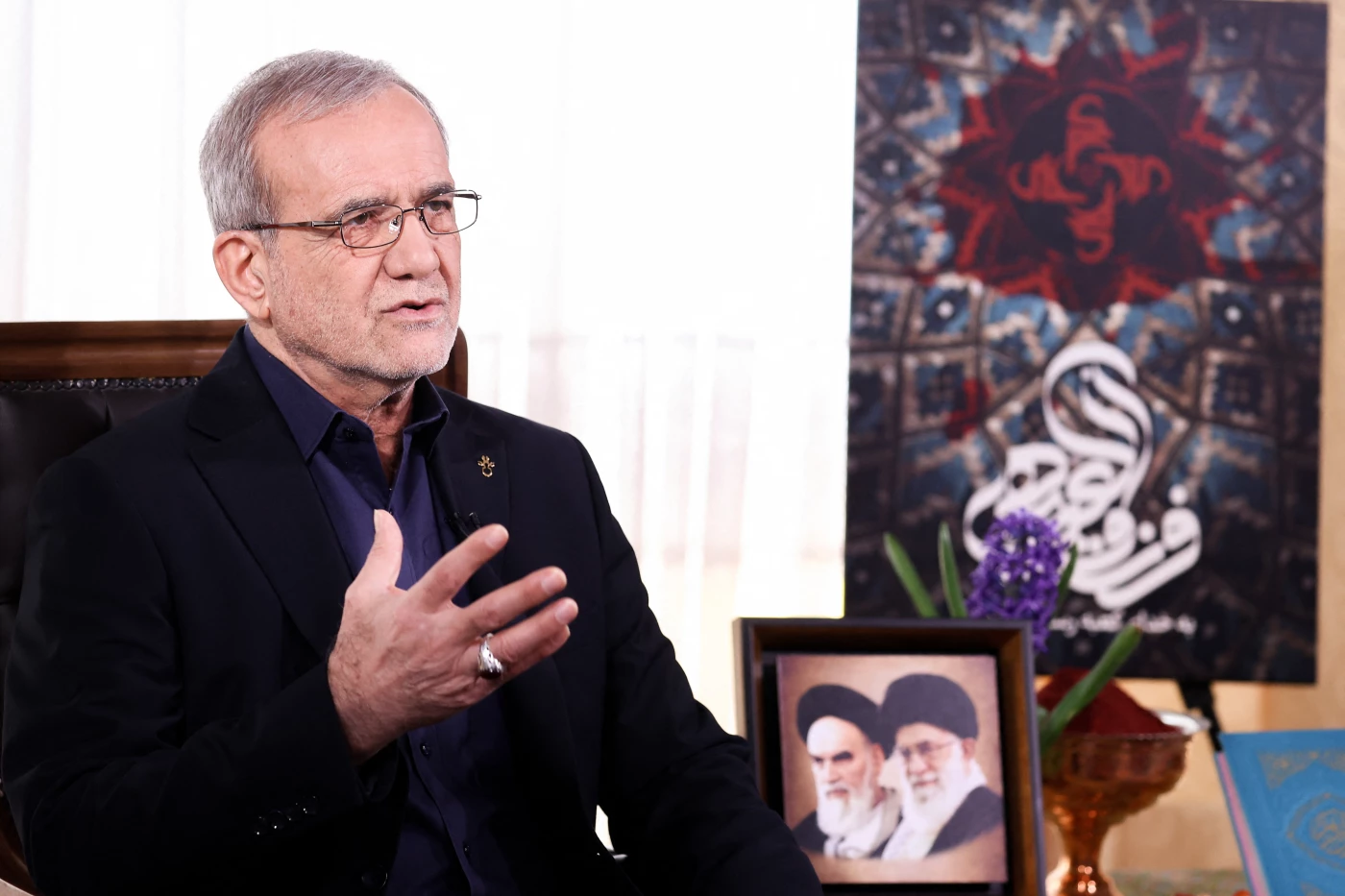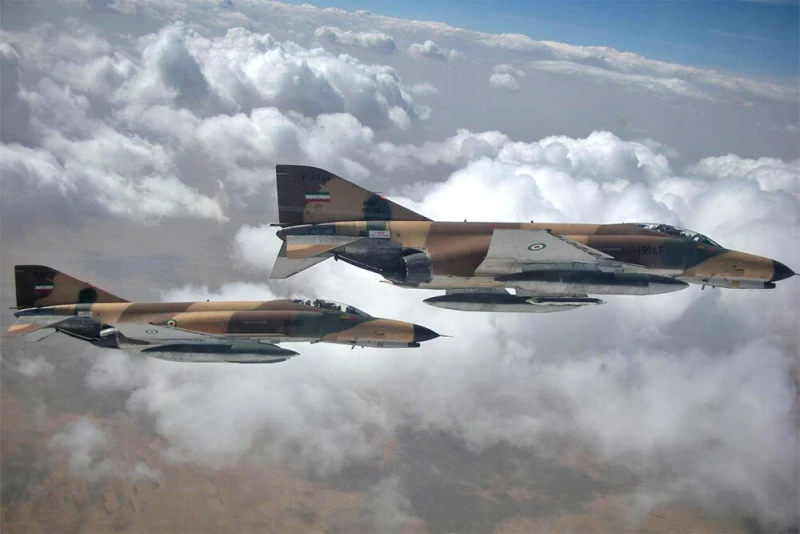ERBIL, Kurdistan Region of Iraq - Iran’s President Masoud Pezeshkian on Sunday said that the country’s hijab issue is not a matter to be resolved “by force” but through “cultural education”.
“I believe in hijab; but you cannot force women to wear the chador… The issue of hijab must be resolved through cultural education; mosques should promote cultural education. The issue of hijab must be resolved with logic, not with conflict,” Iranian semi-official Mehr News quoted Pezeshkian as saying.
The president has previously criticized mandatory hijab laws for being draconian and difficult to enforce. In December 2024, Pezeshkian said he had "many reservations" regarding a law that would impose fines on women who failed to wear the garment in public spaces. The law was eventually postponed and not brought into effect.
Pezeshkian was further quoted by Iranian state media as saying that the times of war brought Iran’s different ideological components together.
“During the days of war, we saw people on the streets who perhaps did not have proper clothing but who said, 'I will sacrifice my life for the [Supreme] Leader,’” he said.
Following the 1979 revolution, the newly proclaimed Islamic Republic declared the wearing of the hijab compulsory for women. People who have failed to abide by the country’s sharia law and hijab policy face the threat of arrest or being fined.
Iran has been particularly under the spotlight for the matter since September 2022, in the wake of the Mahsa (Jina) Amini unrest that rocked the nation following the death in police custody of the 22-year-old Kurdish woman.
Amini was detained by Iran’s morality police in September 2022 for not wearing a hijab publicly. Hours later, she was taken to the hospital, where she died.
Her death sparked protests across Iran and the world, demanding the removal of the Islamic regime in the country and justice for Amini and thousands of others killed by the regime.
In the months following Amini’s death, the Islamic Revolutionary Guard Corps (IRGC) and its loyalist volunteer Basij forces arrested thousands of people for protesting against the government, and hundreds of others were killed.
In their heavy-handed response to the months-long protests, Iranian security forces killed over 550 demonstrators, according to the Norway-based Iran Human Rights Organization.
Over 22,000 were also sent behind bars, with at least ten protesters executed following speedy trials, denounced by Human Rights Watch as "a gross miscarriage of justice."



 Facebook
Facebook
 LinkedIn
LinkedIn
 Telegram
Telegram
 X
X


